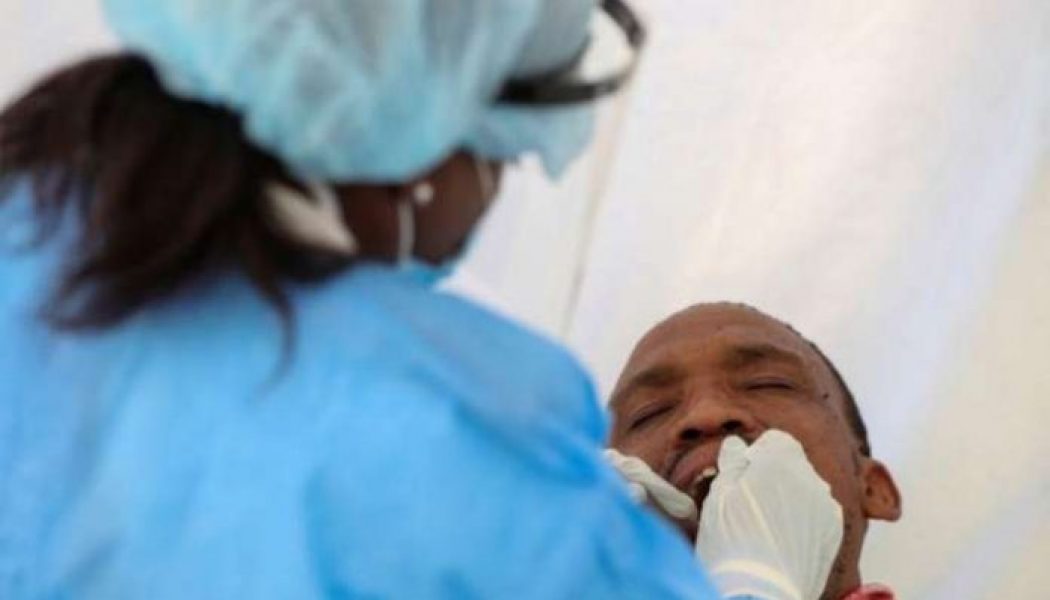Transport Infrastructure
FRSC: 90% of trucks in Nigeria over 30 years
The Federal Road Safety Corps (FRSC) says 90 per cent of trucks in the country are over 30 years. The FRSC Corps Marshal, Dr Boboye Oyeyemi, disclosed this in an interactive session between the Nigerian Shippers’ Council (NSC), the FRSC and Haulage operators on Monday in Lagos. Oyeyemi called for an improvement on the maintenance and standardisation schemes for vehicles as most of them lacked safety measures like lighting, reflectors and other parts. He stressed the need for an intervention from the Federal Government to ensure truckers had fleet renewal as vehicles that had been on the road for 30-years should be scrapped. Oyeyemi pointed out that “due to the age of the trucks, they frequently breakdown on the road prolonging the days goods spend on the road before getting to its destinat...
OECD: South Africa economy could contract 8.2% if second coronavirus wave hits
South Africa’s economy could contract 8.2% this year, and grow just 0.6% in 2021, if a second wave of COVID-19 cases hits the country and its main trading partners, the OECD said on Friday. If a second wave of infections is avoided, the economy will contract 7.5% in 2020 before rebounding 2.5% next year, the OECD said in a report on Africa’s most industrialised economy. South Africa was in recession before the pandemic struck, with recurring power cuts by struggling state utility Eskom and weak business confidence dampening economic activity. President Cyril Ramaphosa’s government has promised to fast-track reforms to raise economic growth potential, but some investors are becoming restless about the pace of change. “South Africa cannot afford to delay reforms. It is essential to undertake...





